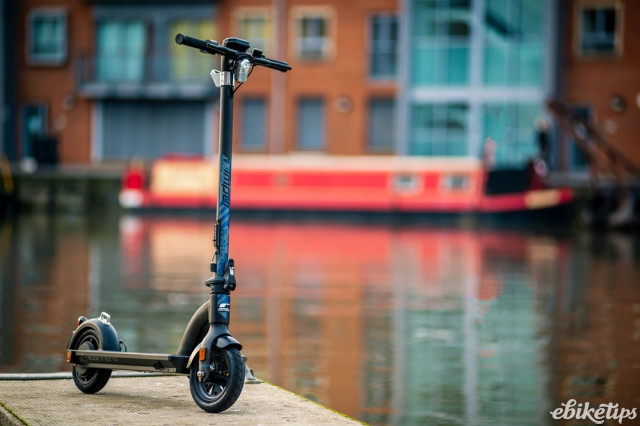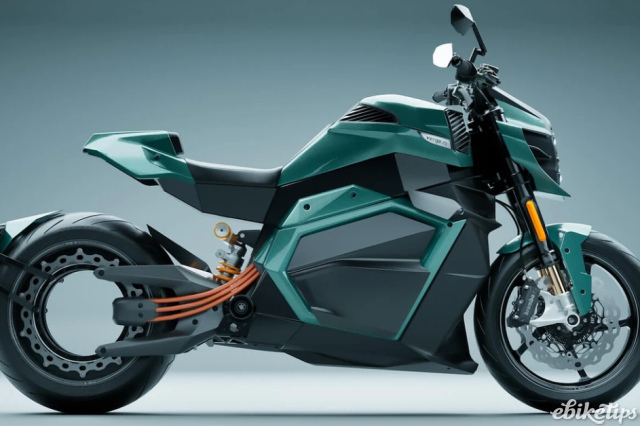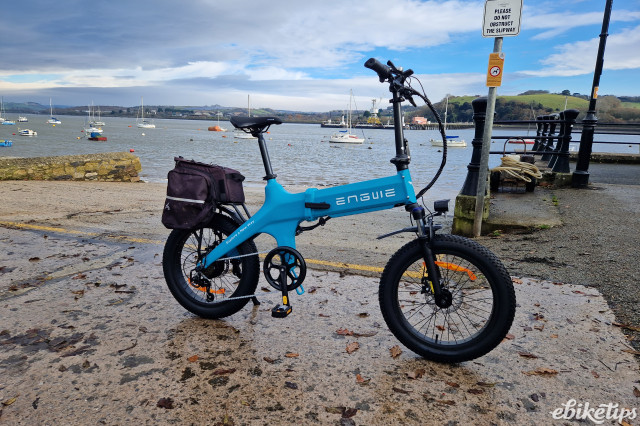Privately-owned e-scooters are now set to be legalised - but they aren't legal yet. In fact new legislation has been pushed back again and again and again. So when it comes to e-scooters, what is legal and what is illegal right now?
A blanket ban on riding e-scooters on UK roads and cycle lanes was lifted in July 2020 to allow for trials of rented scooters covered by a motor vehicle insurance policy.
These rental schemes, which are being run by a number of operators in towns and cities up and down the UK, are currently the only way you can legally ride an e-scooter in public.
The use of privately owned e-scooters on public roads remains illegal.
But… they’re selling e-scooters everywhere?
Yes, they are. It's the source of much confusion and not everyone's happy about it.
As far back as 2021, West Midlands Assistant Police and Crime Commissioner Tom McNeil was accusing a number of High Street stores of being "immoral" for selling e-scooters while it remains illegal to use them on public roads.
“It astonishes me that retailers are continuing to take money off hard-working people in the West Midlands in exchange for a product that is illegal to use and could land them in trouble with the police,” he said.
But selling e-scooters is not illegal. Even Halfords has released one, using the launch as an opportunity to call for the vehicles to be made road legal.
“Our research suggests that the UK is an outlier when it comes to e-scooter legislation,” said a spokesperson.
“While there's a clear increase in the uptake of e-scooters across the globe, which most countries are supporting with new legislation, the UK appears to be behind the curve.”
The government has announced that e-scooters will be made legal through the creation of a low-speed, zero-emission vehicle category, but there are no signs of this happening any time soon.
Last month national shared transport charity Collaborative Mobility UK (CoMoUK) said the Government was “falling behind the rest of the world” with its lack of action after there was no mention of e-scooter legislation in the King’s Speech.
More than 50 organisations, including environmental charities and campaigners, have urged Prime Minister Rishi Sunak to establish a new powered light vehicle class that would include e-scooters and light electric cargo vehicles.
So where are you supposed to use them at the moment?
On private property.
How can you use an e-scooter to actually get about?
Well as we've already established, it has to be a trial vehicle, so you’ll have to be in the right location. It’s then largely a matter of signing up for the relevant scheme and hiring one.
Users must hold at least a provisional driving licence to sign up. Government guidance says you do not have to complete a mandatory training course and do not have to wear a helmet. Each operator will have its own terms and conditions though and breaching them can lead to suspension of your account.
Rental e-scooters – which have a maximum speed of 15.5mph – can be used on roads, but you are not allowed to use them on pavements. The Department for Transport has also made amendments to the Traffic Signs Regulations and General Directions 2016 (that apply to England only) to include e-scooters within the definition of vehicles permitted to use cycle lanes.
Trial e-scooters have been exempted from vehicle registration and vehicle excise duty, although some operators do choose to add number plates.
The government has promised to extend existing trials until May 2026.







